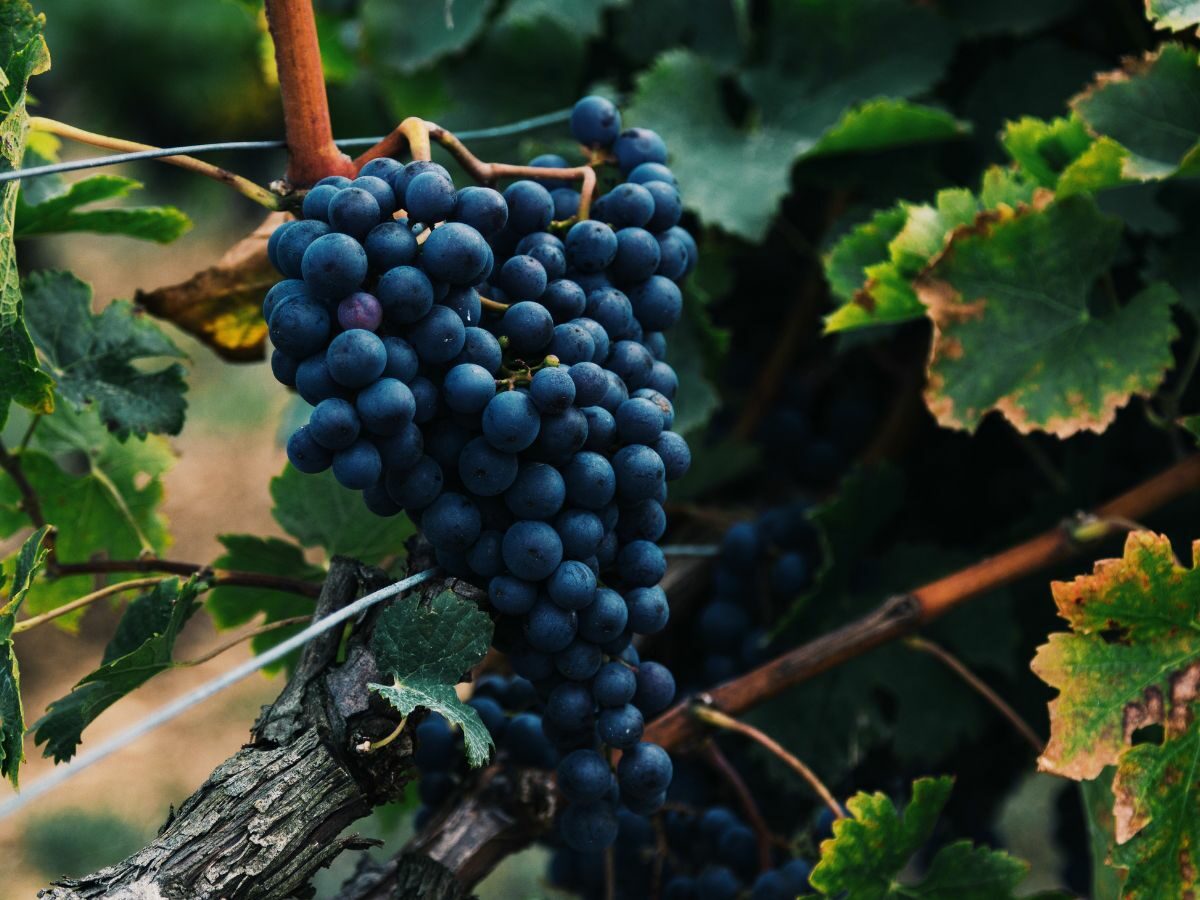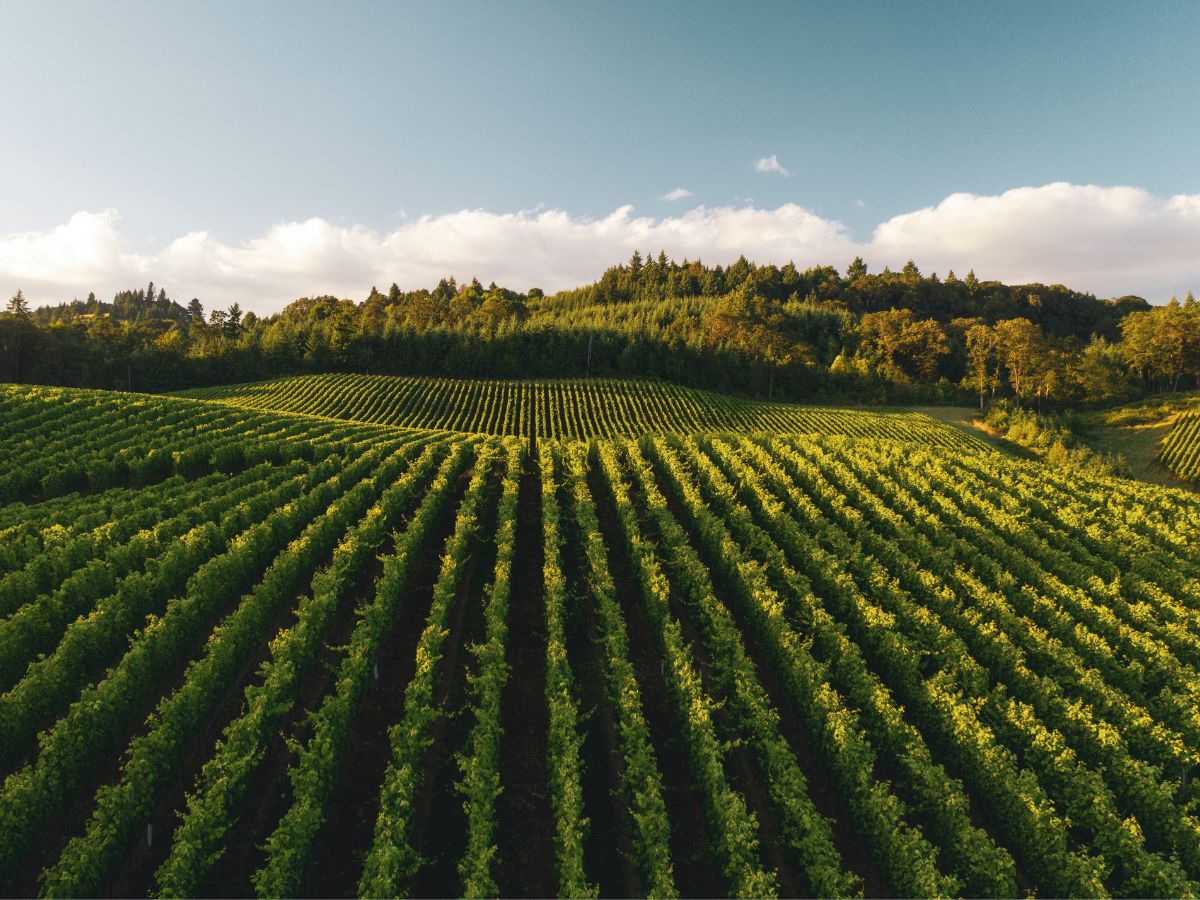
The debate over whether to produce organic or winemaking wines has been raging for some time. For many people, the choice is clear: organic wine is better in terms of health and the environment. But others may feel that the word “organic” is too restrictive, given that there are wide varieties of wine grapes. Fortunately, another term we can use that’s more general and less formal: is “natural wines.” Natural wines are just that—with no added chemicals or artificial flavors. Some may have a lower concentration of these substances than conventional wines. Others may be richer in flavor and aroma because they lack added sugars or other additives. Naturally occurring acids in grape juice add to its tanginess. These same acids aren’t found in wine made from any other type of grape. So by definition, natural wines have more natural characteristics than conventional wines.
What is natural wine?
Natural wines are wines produced by grapes grown without pesticides, herbicides, or other chemical treatments. This means that the grapes were grown without synthetic chemicals or genetically modified organisms (GMOs). Natural wine is made in a very similar way to conventional wine. The first step is to harvest the grapes, which are then crushed and fermented. If a winemaker wants to produce a natural wine from a single varietal grape, they can do so by macerating the grapes in water. After this, they will add any additional ingredients such as yeast or oak chips to the must and ferment it in the same way as any other wine.
What makes an organic wine different from other wines?
The main difference between organic and conventional wine is pesticides, herbicides, and GMOs. Many wines are produced using chemicals to kill harmful insects or weeds in the vineyard. These chemicals can be toxic to humans and animals. Therefore it’s essential to make sure that you avoid them. Even organic wines are sometimes sprayed with pesticides, as they may need some protection from pests to grow well. For example, grapes will naturally produce a pesticide known as glycoside that protects them from problems. However, this chemical can also be toxic to people and animals if it isn’t removed before being used on grapes.
How to tell the difference between natural wine and organic wine?
Because natural and organic wines are made the same way, it’s essential to ensure that you’re buying the right kind of wine. The first thing to do is to look at the label. If a wine is labeled as organic, then this means that it was grown without any pesticides or GMOs. However, it does not necessarily mean that it was naturally fermented, as some organic wines are produced using chemicals such as sulfur dioxide (which can be toxic if used in excess) and potassium metabisulfite (which has been linked to organ damage).
It is also essential to check the ingredients list on the bottle; if a wine contains any additives such as sulfites or sugars, for example, then this could indicate that it was produced using conventional methods. In addition, some natural wines may have a higher alcohol content than traditional wines; for example, some winemakers make white wines with a 15% alcohol level (but still within the legal limit).
Which one would be the best choice for your taste?
When it comes to choosing between the two, it depends on your tastes. Many people prefer natural wine because it tastes fresher than conventional wine. After all, chemicals such as sulfur dioxide are not added to the fermenting process. This means that natural wine does not contain any sulfites, which can irritate the palate and contribute to headaches and nausea. However, natural wine is also more expensive than conventional wine because it is generally made from grapes grown in cooler regions such as New Zealand or Australia. If you prefer a dryer style of wine, you might choose conventional wines with a higher alcohol content (up to 15%).
Wine is the most popular alcoholic drink in the world. It is a drink that brings people together and boosts their morale. The world is full of fantastic wine, and we have tried to take you through some unique varieties. Although wine is just one drink that can be produced from any fruit, certain qualities make a wine perfect for drinking.


